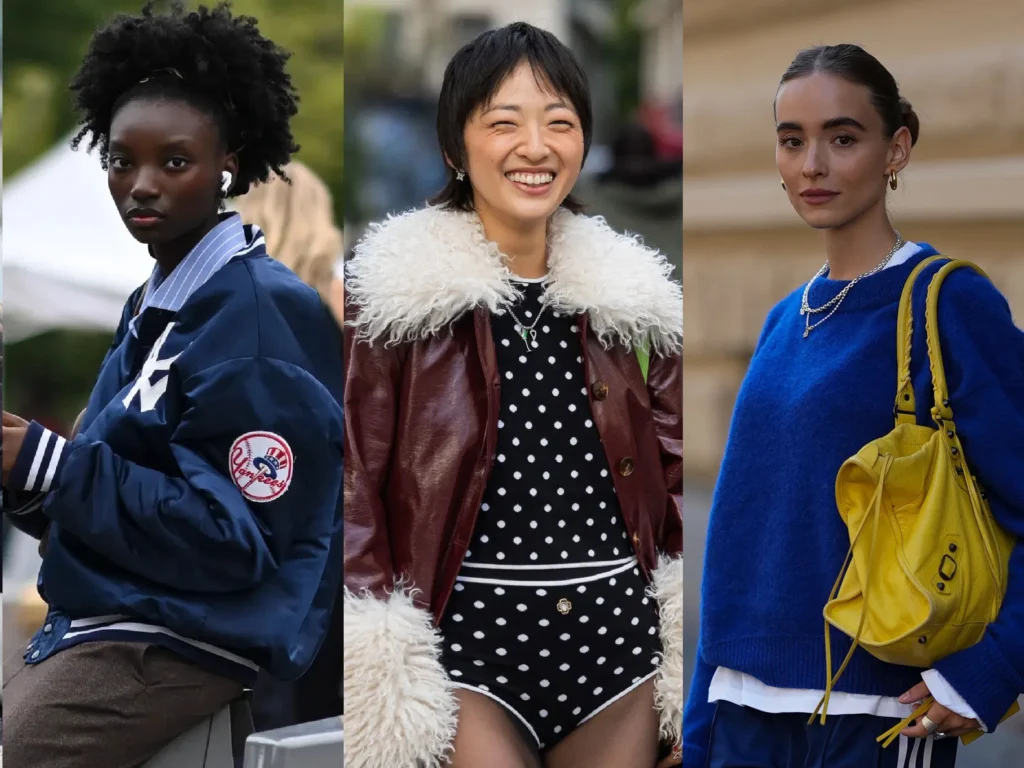The global sustainability movement in fashion and beauty continues to accelerate, with October 2025 bringing fresh momentum through innovation, regulation, and ethical collaboration. From next-gen materials to transparency reforms and brand accountability, here are 14 major highlights transforming the industry this month.
1. Bio-Based Materials on the Rise
Startups are leading a materials revolution with biodegradable textiles made from renewable sources. Highlights include plant-based leather alternatives crafted from mycelium and pineapple fiber, offering sustainable options for luxury and mass-market use.
2. EU Tightens Greenwashing Rules
The European Union advanced legislation mandating that brands verify sustainability claims with data. This move aims to curb misleading marketing and strengthen consumer trust in ethical fashion labeling.
3. Patagonia Expands Circular Line
Patagonia rolled out its repair-and-resale programs across Europe, deepening its circular economy model. The initiative encourages customers to extend product life and reduce textile waste.
4. Beauty Goes Refillable
Leading skincare and makeup brands introduced refillable packaging systems to replace single-use plastics, marking a significant shift toward long-term packaging sustainability in the beauty sector.
5. Stella McCartney’s Regenerative Cotton
Stella McCartney debuted a capsule collection made with regenerative cotton sourced from verified eco-farms, reinforcing her leadership in sustainable luxury fashion.
6. Kenyan Designers Lead with Local Craft
A wave of Kenyan and African designers is spotlighting locally sourced, low-impact materials — merging cultural authenticity with environmental responsibility to redefine modern sustainable luxury.
7. L’Oréal Invests in Green Chemistry
L’Oréal announced major funding in green chemistry research, supporting the development of biodegradable, eco-safe formulations across its product portfolio.
8. H&M’s “Conscious” Line Faces Scrutiny
Consumer watchdog groups renewed calls for transparency around H&M’s sustainability labeling, reigniting debates on the ethics of fast fashion and greenwashing practices.
9. AI-Driven Supply Chain Tracking
New AI-powered tracking tools are helping fashion companies monitor their environmental footprint and trace materials across the production lifecycle, enhancing accountability.
10. Thrift and Upcycling Boom
Resale and vintage platforms reported record traffic as younger consumers increasingly prioritize secondhand shopping and upcycling over new purchases — signaling a cultural shift in fashion consumption.
11. Sustainable Fashion Education Expands
Universities and fashion institutes are launching new courses in ethical design, circular production, and sustainable business models, preparing the next generation of eco-conscious designers.
12. Waterless Beauty Innovation
Brands are pioneering concentrated, water-free formulas to reduce waste and emissions — a breakthrough approach to sustainable skincare and cosmetics.
13. Celebrities Join the Cause
High-profile models, actors, and musicians are teaming up with eco-conscious brands to promote sustainability awareness through collaborations, campaigns, and limited-edition releases.
14. Good On You’s Updated Ratings
The ethical fashion platform Good On You released its latest sustainability ratings, spotlighting brands making measurable environmental progress and holding laggards accountable.
Together, these developments reflect the growing maturity and accountability of the global fashion and beauty industries. In 2025, sustainability is no longer optional — it’s the foundation of progress, innovation, and trust shaping the future of conscious consumerism.

